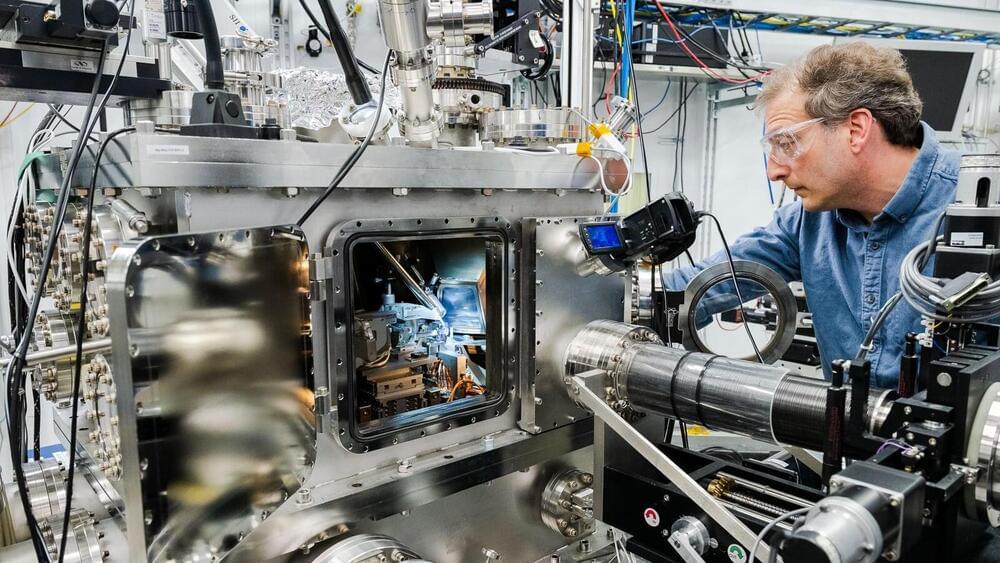Silicon carbide is becoming a major player on the quantum scene. Widely used in specialized electronics goods such as LEDs and electric vehicles, silicon carbide boasts versatility, wide commercial availability, and growing use in high-power electronics, making it an attractive material for quantum information science, whose impact is expected to be profound.
Drawing on physics at the atomic scale, technologies such as quantum computers, networks, and sensors will likely revolutionize areas as varied as communication, drug development, and logistics in the coming decades.
Now, scientists at the U.S. Department of Energy’s (DOE) Argonne National Laboratory, DOE’s Sandia National Laboratories, and partner institutions have conducted a comprehensive study on the creation of qubits—the fundamental units of quantum information processing—in silicon carbide.
